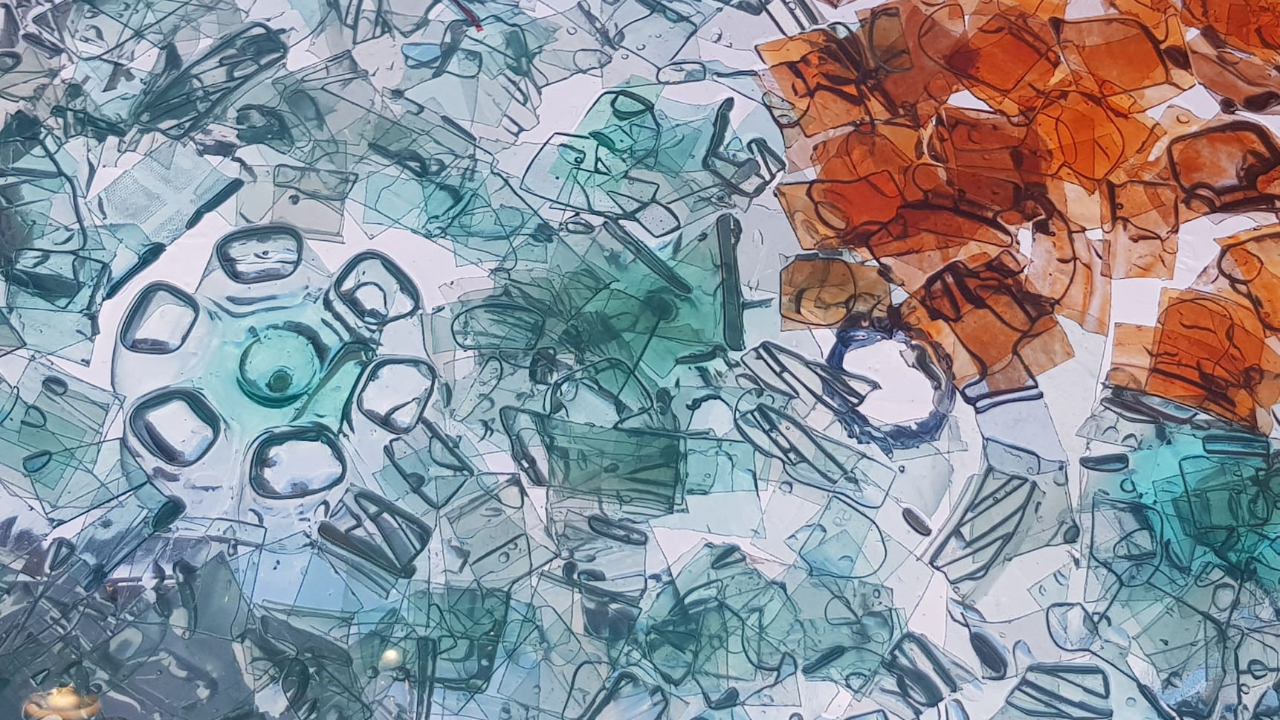“Live for yourself but exist for the good of all”. For the good of the neighbourhood, the good of the city, the good of the region, the good of the country, the good of the continent, the good of the planet and of all living things, including fauna and flora, with which man is supposed to cooperate to establish a balance based on respect and understanding.
This balance is also fundamental to the relationship between women and men in our society. Is it a “Migrant” utopia to want to get along with the members of the group we have joined? Why does this attitude seem normal to you when for others it seems contradictory to their ways of behaving and acting?
I just moved into a new “home”; I use the word “home” because it implies shelter, protection, responsibility, and mutual respect. This home is made up of people I did not know, a group more exactly, already formed with a common project. These “Migrants” carry with them their past, their history, their present, their dreams, their desires and their future in movement and yet we have to share the same House.
Despite our differences and our divisions, for all of us to live together, common rules that determine and govern daily relationships are essential; they must be solid and respected. The first rule is that everyone must participate in keeping the House clean and welcoming. Nevertheless, if this situation seems obvious to me, for “the group”, it is more complicated.
Some in the “group” think they are not “Migrants”. They did not travel undocumented on a ship at the mercy of a smuggler, to enter Belgium illegally. They did not flee a country at war or plagued by poverty, famine, dictatorship and ecological disasters. They have not been deprived of hope. They have not been through the torments of a life without dreams and without perspective. They have not braved the worst dangers, death and/or the unimaginable, to deserve a safe and comfortable Home. They believe that their status exempts them from learning and practicing the basics of “living together”. They have their own rules and procedures. Can we, therefore, experience “living together” serenely and intelligently when we do not share the same goals?
One dimension of their being has not yet emerged: that of the collective consciousness which makes it possible to recognize and include the other in the experience. We are only able to interact with each other if we are conscious of ourselves as actors in the experience that we live, with rights and duties. A roof is not enough to carry and move a mission. A roof needs to shelter men and women who are aware of being present in the experiment of living together in order to materialize meaning.
It is the meeting between the “conscious” All of us, Migrants and the Josefa House that perpetuates the mission of the Josefa Foundation.
I’ve always considered myself an eternal migrant. From an early age, I became aware that I was passing through this planet and that, if I wanted to grow physically and elevate my soul to free it from the human condition, I would have to transmute my relationship with the World to make myself free and learn to adapt in all circumstances with equanimity. Life taught me beautiful lessons, nourished me spiritually and led me into ineffable realities.
Today, I experience with gratitude this new reality that allows me to refine my philosophy of life because I learned to live a life adapted to a changing world.
Carol


